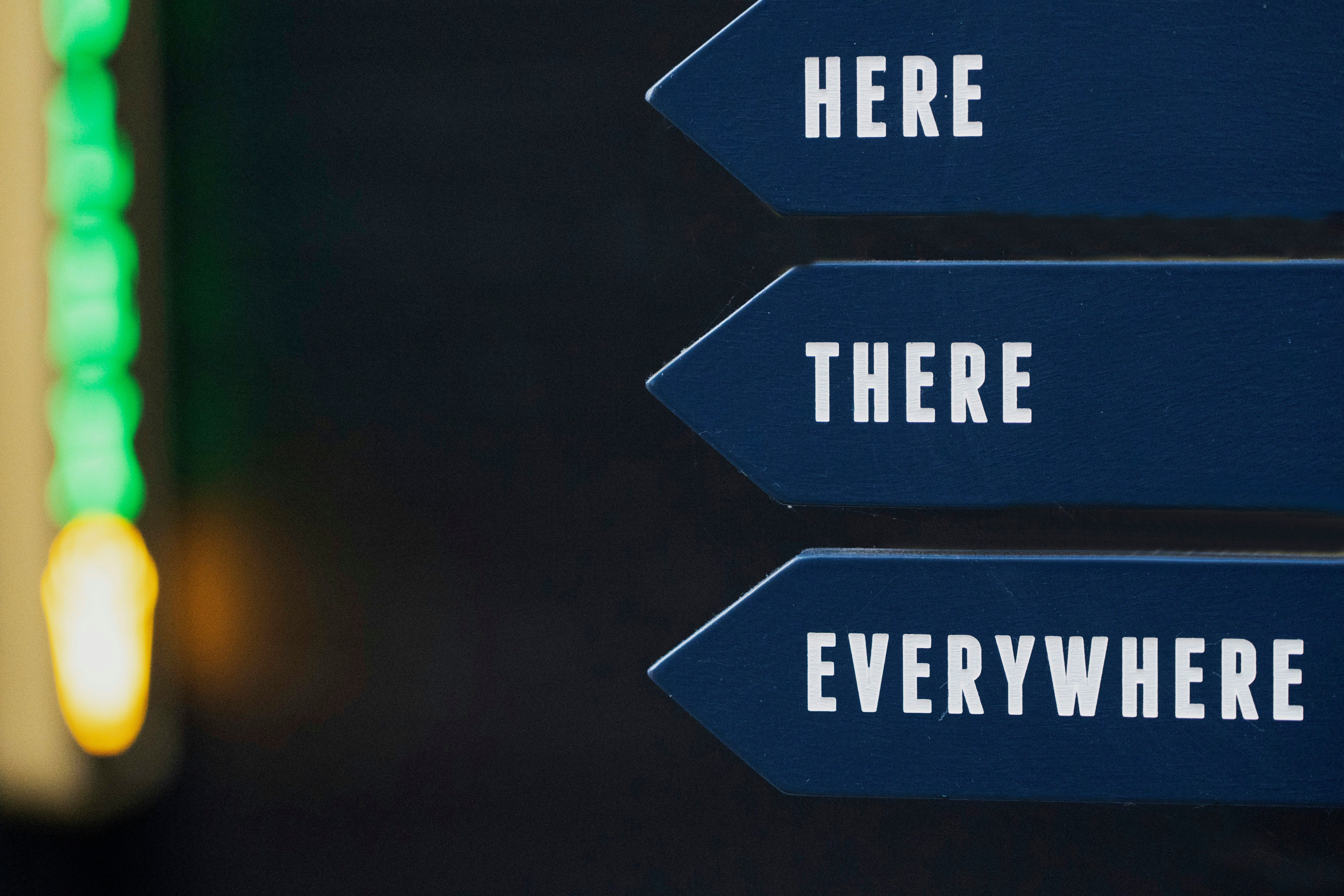Youth residing in nations with significant economic disparities tend to hold stronger beliefs in socioeconomic advancement opportunities.
Article Rewrite
Young 'Uns Seeing a Rose-Tinted Future in Countries with Wide Inequality Gaps
Got dreams of making it big? Well, that ain't just a young person's fantasy—it's a worldwide phenomenon... a paradoxical one at that! Here's the lowdown:
Youth in countries like Albania, Jamaica, or Kazakhstan believe more in their future prospects than their counterparts in France or South Korea. That's according to a study, and while this may seem counterintuitive, it's not all sunshine and rainbows. Here's why:
In a nutshell, the more unequal a country, the greater the hope among its young'uns, despite the realities pointing otherwise. The duo behind this finding shared their insights in the journal "Science". Seems like a paradox? Well, life's full of surprises!
Now, you might be wondering why this hope is like a ticking time bomb. According to these research whizzes, social mobility—the movement between different social classes—often falls short in highly unequal countries. This dream chasing often ends up in feelings of frustration, disillusionment, and maybe even causing social unrest.
To put it simply, social mobility should represent equal opportunities, irrespective of background. In periods of sustained economic growth, many youngsters managed to surpass their parents' status. Francesca Borgonovi from University College London and Artur Pokropek from the Educational Research Institute in Warsaw explain the drill.
Inequality on the rise
Did you know that income disparities have been creeping up in many countries over the past few decades? Germany's not immune to this trend. There's been a long-term increase in income inequality, although the wage gap took a downward curve recently due to the hike in the minimum wage.
So, just what's the deal with this widening wealth gap affecting chances of upward mobility? Well, Borgonovi and Pokropek argue that rising inequality and kids' futures becoming dependent on their parents' wealth are smothering the chances of upward mobility.
The Great Gatsby Curve
In countries with high inequality, social mobility is normally low, a pattern known as the Great Gatsby Curve. Isn't it ironic how young people's expectations for upward mobility are highest in precisely those contexts where income differences are the most pronounced? The PISA study data confirmed this trend.
On average, lower-class 15-year-olds across 57 countries, including Germany, Spain, Albania, Brazil, USA, Indonesia, and Vietnam, still expect a substantial leap forward in life. In countries like Albania, Jamaica, Kazakhstan, and Romania, around 40% of youngsters expect the same, while in South Korea (18%), Malaysia (20%), and France (22%), fewer hope for the same break.
Most 15-Year-Olds are Optimistic
For the study, researchers considered the statements of over 390,000 students across the globe. They asked youngsters what socio-economic status they imagine for themselves at age 30 and found that most 15-year-olds plan to exceed their parents' status in every country examined. Education is usually viewed as the key to that success.
Young people might have difficulty distinguishing the role of personal effort from unearned privileges. Misaligned up-n-coming success narratives might influence their expectations and prevent them from realizing the actual odds of upward mobility.
Growth Keeps Society afloat—For Now
It's extension of the economic boom that kept society chugging along despite a yawning gap between the well-to-do and the dole-bludgers. Sustained growth allowed young people to surpass their parents' status, while they barely noticed the grand leap of their better-off peers. This, in turn, minimized feelings of alienation and discontent.
However, the times they are a-changin'—the economic climate is shifting, and unmet expectations might lead to decreased wellbeing, loss of trust in institutions, reduced civic engagement, and even political unrest.
Source: ntv.de, kst/dpa
- Disparity between the Rich & Poor
- Youth
- Income
- In many countries with significant income inequality, such as Albania, Jamaica, and Kazakhstan, young individuals display higher levels of optimism about their future prospects, despite the stark realities.
- Economic inequality often creates a paradoxical situation where hope among the younger generation is high, even in circumstances that seemingly indicate the opposite.
- Theduo behind this finding, Francesca Borgonovi and Artur Pokropek, suggest that this optimism might be misplaced, due to the often limited social mobility found in highly unequal societies.
- The researchers found that the expectations for upward mobility are highest in countries where income differences are most pronounced, a pattern known as the Great Gatsby Curve.
- Social mobility should represent equal opportunities irrespective of background, but in situations where income inequality is high, personal growth, mental health, education-and-self-development, and health-and-wellness can become out of reach for many young individuals, leading to feelings of disillusionment and even social unrest.








